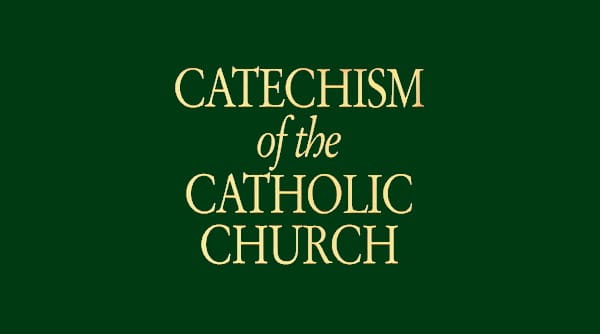Contemplative Prayer — Catechism Paragraph 2710
The choice of the time and duration of the prayer arises from a determined will, revealing the secrets of the heart. One does not undertake contemplative prayer only when one has the time: one makes time for the Lord, with the firm determination not to give up, no matter what trials and dryness one may encounter. One cannot always meditate, but one can always enter into inner prayer, independently of the conditions of health, work, or emotional state. The heart is the place of this quest and encounter, in poverty and in faith.
+
“A catechism should faithfully and systematically present the teaching of Sacred Scripture, the living Tradition of the Church and the authentic Magisterium, as well as the spiritual heritage of the Fathers and the Church’s saints, to allow for a better knowledge of the Christian mystery and for enlivening the faith of the People of God. It should take into account the doctrinal statements which down the centuries the Holy Spirit has intimated to his Church. It should also help illumine with the light of faith the new situations and problems which had not yet emerged in the past…the Catechism of the Catholic Church on the one hand repeats the old, traditional order already followed by the Catechism of St Pius V, arranging the material in four parts: the Creed, the Sacred Liturgy, with pride of place given to the sacraments, the Christian way of life, explained beginning with the Ten Commandments, and finally, Christian prayer. At the same time, however, the contents are often expressed in a new way in order to respond to the questions of our age. ” (Apostolic Constitution Fidei Depositum on the Publication of the Catechism of the Catholic Church Prepared following the Second Vatican Ecumenical Council, 11 October 1992)




